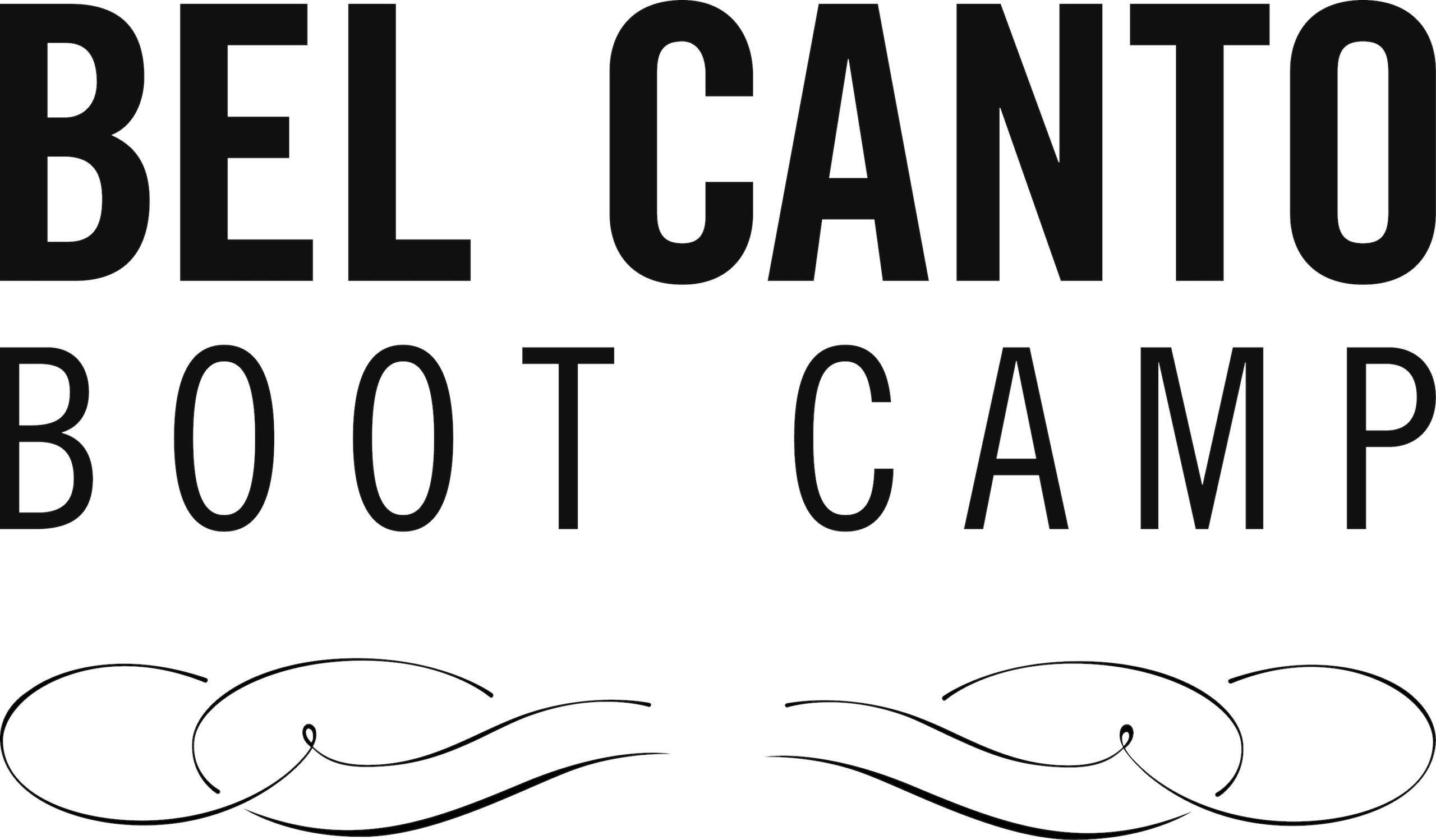Lynn Helding. The Musician’s Mind: Teaching, Learning, and Performance in the Age of Brain Science. Rowman & Littlefield, 2020.
In the chapter “Mind Games” Helding describes the current research into music performance anxiety (MPA). Until recently MPA was considered by mental health professionals as a form of social anxiety, even though many who suffer from MPA show no anxiety in most social situations. More recent researchers have decoupled to two. Readers may want to consult Dianna Kenny’s The Psychology of Music Performance Anxiety (2011) as Kenny is referenced and quoted several times in this chapter. Kenny describes MPA as having both nature and nurture components. Some parts of MPA may stem from genetic/biological causes while others stem from early life experiences. Pressure from oneself, however, seems to be the #1 reason given by both student and professional performers for MPA. The most extreme form of MPA is “choking.” This is more common in student performers than professionals, although that is likely because those whose MPA is that severe usually choose a different profession.
There can be an upside to MPA. Many performers have learned to harness their nerves in ways that aid them in performance. The suggested way of learning to practice this skill is having students perform in low-stakes situations. Performing in front of people as often as possible allows them to practice performing while feeling nervous.
There are a number of treatment options for MPA. Beta blockers have been used for some time now although they come with side effects like excess saliva and the disruption of fine motor coordination which many performers will find problematic. Helding discussing therapeutic options in detail including psychotherapy, Alexander Technique, Yoga, as well as exposure therapy and stress conditioning, resilience training, power posing, and meditation.
One final practical but much needed advice is to avoid distractions leading up to important performances. (I happily read this chapter before a student’s senior recital and was able to pass on this excellent advice.) Notify family and friends that you will be limiting your time socializing with them before the recital or concert event. There is time for that after you have performed, but distractions before can cause sub-par performances. With so much work put into a student recital or professional debut, this is a simple way of making sure our energy is not wasted on socializing or entertaining out of town guests. The rest of the chapter discusses the difficult decision on changing careers (which can be a stressful and difficult process).
Lest we think that Helding is entirely negative about the digital age, she next discusses the upside of the information age. Musicians and music-lovers can now connect like never before and the process of recording and distributing one’s own music has never been easier or less expensive. Staying in contact with potential audience members and publicizing events has also become easier and cheaper.
The Multitasking Trap
Next is the issue of multitasking. Older readers will remember when multitasking was the buzzword du jour. The idea that workers could manage multiple tasks at the same time or in quick succession was touted throughout the business world. We now know that this idea has proven to be a complete failure.
We were absolutely shocked. We all lost our bets. It turns out multi-taskers are terrible at every aspect of multitasking. They’re terrible at ignoring irrelevant information; they’re terrible at keeping information in their head nicely and neatly organized; and they’re terrible and switching from one task to another.
What’s worse: when we are interrupted from a task it takes an average of 25 minutes to reconnect to our first central task. The takeaway from this research: put away your phone when you practice. Turn it off. Even the pings from updates throw us off. The more challenging the task (say, learning an opera role!), the more likely we are to self-distract, and what is more distracting than a cell phone full of games, messages, and other enticing options. Just put it away and mute it for the duration of your practice time.
